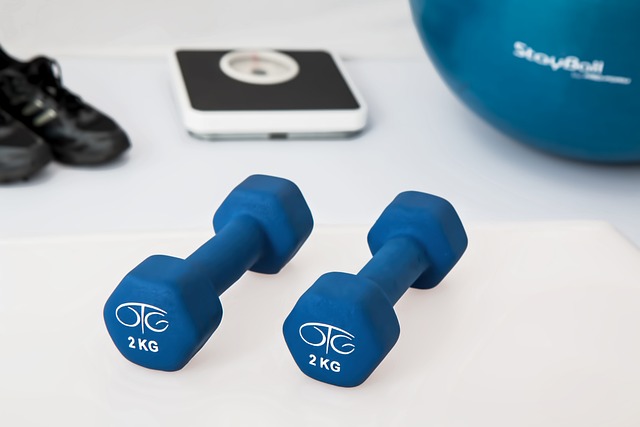Coping Strategies for Managing Chronic Pain Without Medication
99 Exchange Bet, MazaplayChronic pain can be a complex and challenging condition to manage, often influenced by various triggers that exacerbate discomfort. Identifying these triggers is crucial in developing effective strategies for pain management. Triggers can be diverse, ranging from physical factors such as poor posture or repetitive movements to emotional stressors like anxiety and depression. By recognizing and understanding these triggers, individuals can take proactive steps to minimize their impact on chronic pain.
It is essential for individuals experiencing chronic pain to keep track of potential triggers through a pain journal or diary. By documenting daily activities, emotions, and any noticeable changes in pain levels, patterns and correlations between triggers and pain can be identified. This self-awareness can empower individuals to make informed choices about lifestyle changes or treatment interventions that may help alleviate chronic pain symptoms and improve overall quality of life.
• Chronic pain can be influenced by various triggers
• Triggers can range from physical factors to emotional stressors
• Identifying triggers is crucial for effective pain management
• Keeping a pain journal or diary can help track potential triggers and patterns
• Self-awareness empowers individuals to make informed choices for managing chronic pain symptoms
Developing a Support System
When dealing with chronic pain, having a strong support system in place can make a significant difference in one’s overall well-being. Friends, family members, or support groups can provide emotional encouragement, practical assistance, and a listening ear when needed. It is essential to surround oneself with individuals who understand the challenges of living with chronic pain and can offer empathy and compassion.
In addition to emotional support, a support system can also assist in managing daily tasks and responsibilities that may become more challenging due to pain. Whether it’s helping with household chores, running errands, or providing transportation to medical appointments, having reliable support can alleviate some of the burdens that come with chronic pain. By building a network of caring individuals, those living with chronic pain can feel less isolated and more empowered to navigate their condition effectively.
Incorporating Relaxation Techniques
Relaxation techniques can be valuable tools in managing chronic pain. Deep breathing exercises, guided imagery, progressive muscle relaxation, and meditation are some common methods that can help alleviate stress and reduce pain levels. By incorporating these techniques into your daily routine, you may experience improvements in both your physical and mental well-being.
It’s important to remember that finding the right relaxation technique for you may require some trial and error. What works well for one person may not have the same effect on another. Experiment with different methods and take note of which ones bring you the most relief. Over time, as you establish a regular practice of relaxation techniques, you may notice a decrease in pain intensity and an overall improvement in your quality of life.
How can I identify triggers for my chronic pain?
It is important to pay attention to your body and note any patterns or activities that seem to exacerbate your pain. Keeping a pain journal can help you track potential triggers and identify common patterns.
Why is developing a support system important for managing chronic pain?
A strong support system can provide emotional and physical support, offer encouragement, and help you cope with the challenges of living with chronic pain. Surrounding yourself with understanding and empathetic individuals can make a significant difference in your pain management journey.
What are some relaxation techniques that can help alleviate chronic pain?
Some effective relaxation techniques for managing chronic pain include deep breathing exercises, progressive muscle relaxation, guided imagery, meditation, and mindfulness. These techniques can help reduce stress, improve sleep quality, and decrease pain perception.







